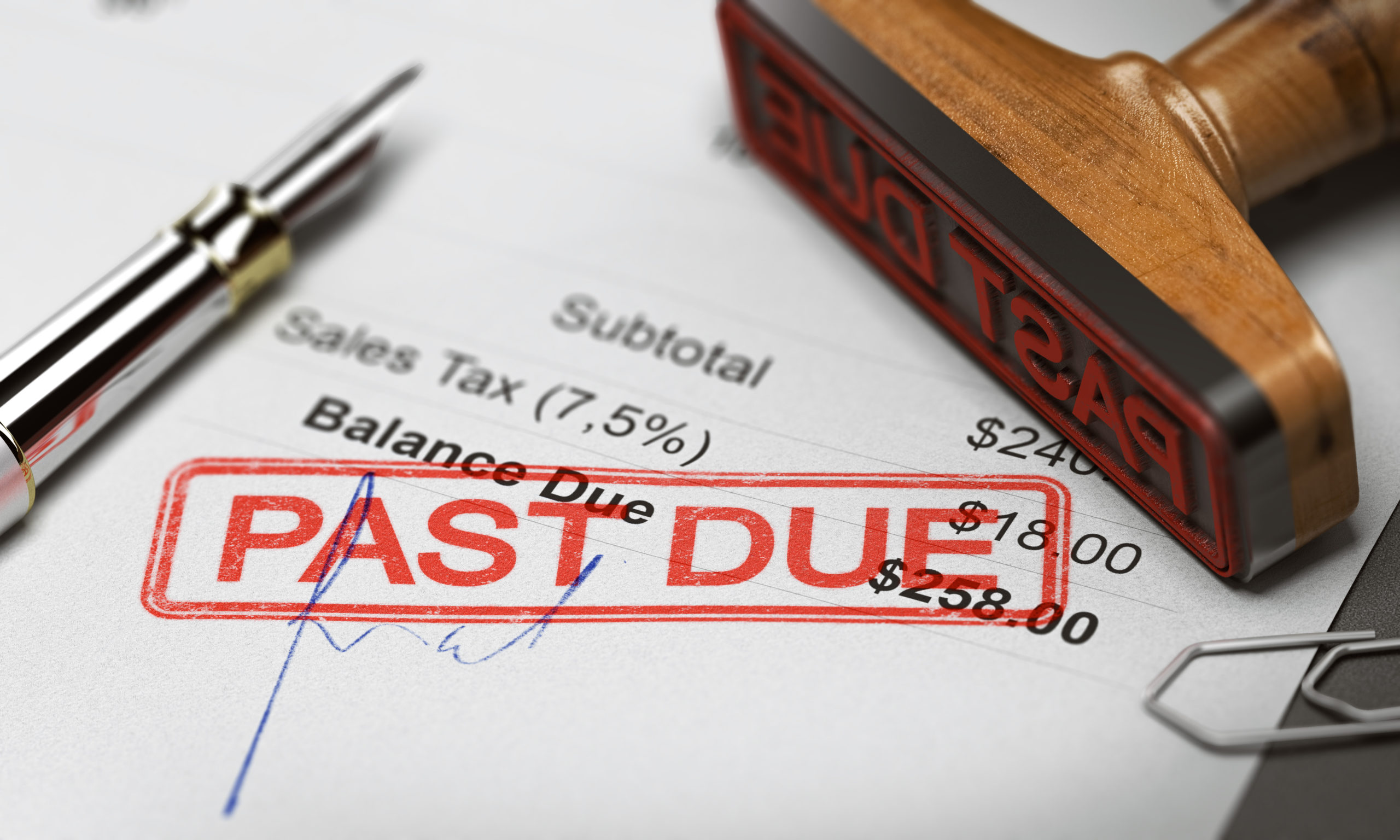During these challenging economic times, many owners are failing to pay assessments and may even threaten to file, or actually file for bankruptcy protection. Many associations mistakenly believe that unit assessments are fully discharged when an owner files for bankruptcy protection. Pursuant to Section 523 (a) (16) of the U.S. Bankruptcy Code (cited as 11 U.S.C. 523 (a) (16)), association assessments are not discharged in bankruptcy.
The foregoing section states that the bankruptcy discharge:
“does not discharge an individual debtor from any debt for a fee or assessment that becomes due and payable after the order for relief to a membership association with respect to the debtor’s interest in a unit that has condominium ownership, in a share of a cooperative corporation, or a lot in a homeowners association, for as long as the debtor or the trustee has a legal, equitable, or possessory ownership interest in such unit, such corporation, or such lot, but nothing in this paragraph shall except from discharge the debt of a debtor for a membership association fee or assessment for a period arising before entry of the order for relief in a pending or subsequent bankruptcy case”
The Minnesota Court of Appeals, in Westbrooke Patio Homes Association, Inc. vs. Goodrich, 607 N.W.2d 455 (Minn. Ct. App. 2000) held that pre-petition liens and post petition assessments are not discharged in bankruptcy. In the event that you have an owner file bankruptcy seeking to avoid payment of your association assessments, you should make sure that you hire a competent community association attorney.
If your association is facing a situation involving an owner bankruptcy, you should immediately notify your attorney so appropriate action can be taken. The Association has rights and collection options, even where an owner files for bankruptcy protection. Due to the automatic stay that prohibits collection activity immediately after the filing of bankruptcy, you should not continue with collection efforts while a debtor bankruptcy is pending.
David G. Hellmuth, Esq. and Hellmuth & Johnson, PLLC represent a large number of businesses, and their owners, on a variety of legal matters. More information about Mr. Hellmuth and the law firm can be found at our website, www.hjlawfirm.com.


